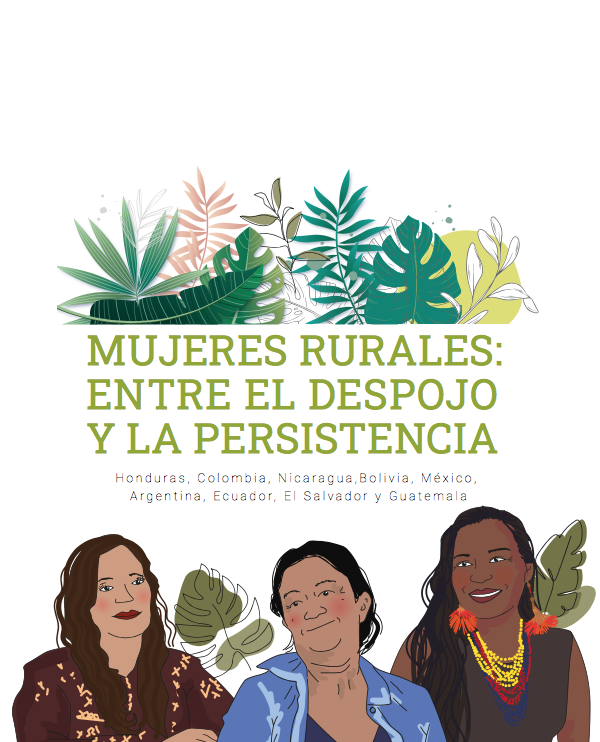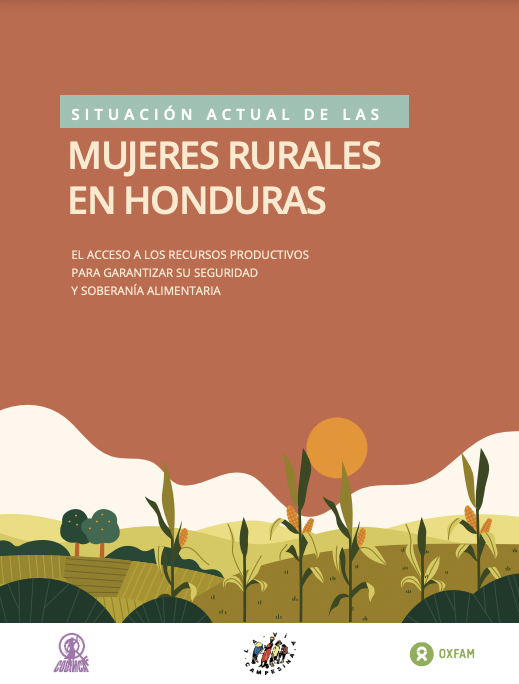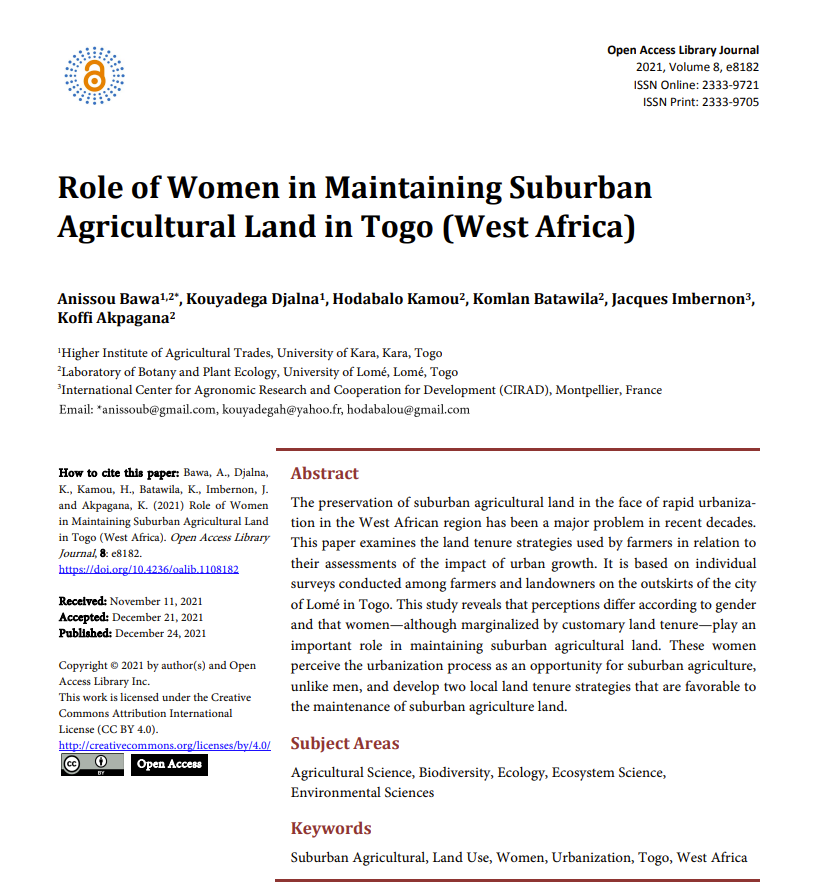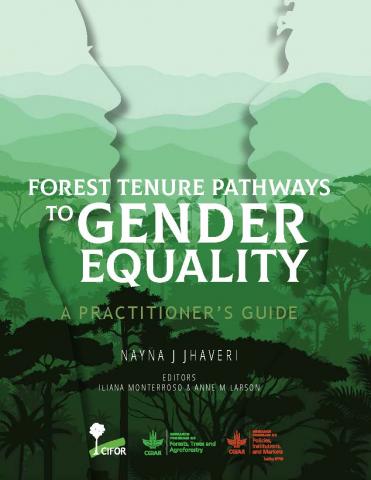BRIEF: GENDER AND LAND RIGHTS
Gender and land rights are closely intertwined with each other. Globally, more than 400 million women work in agriculture. Women comprise 43 percent of the agricultural labor force in developing countries, yet they account for less than 20 percent of landholders (FAO 2011). These disparities are even higher in some regions.








